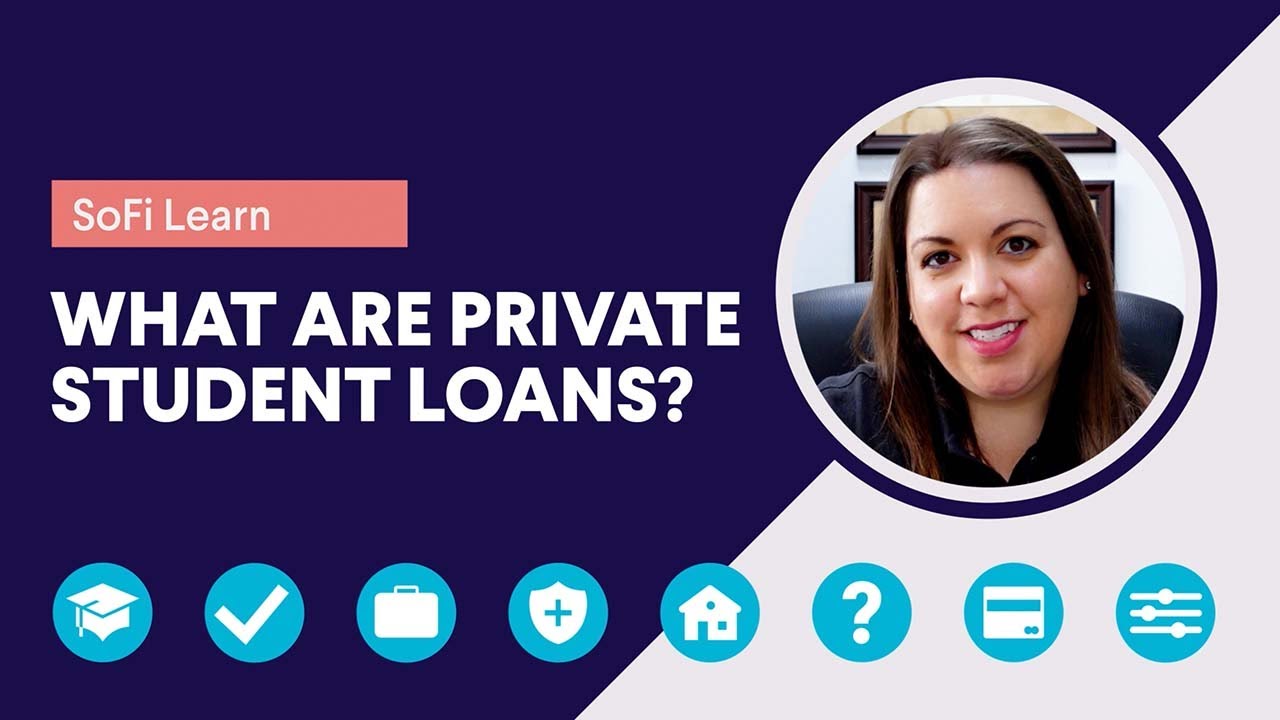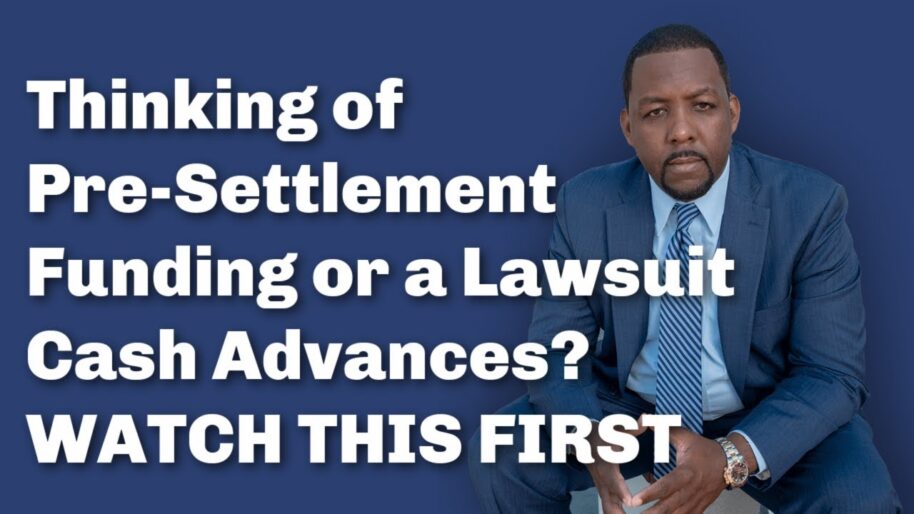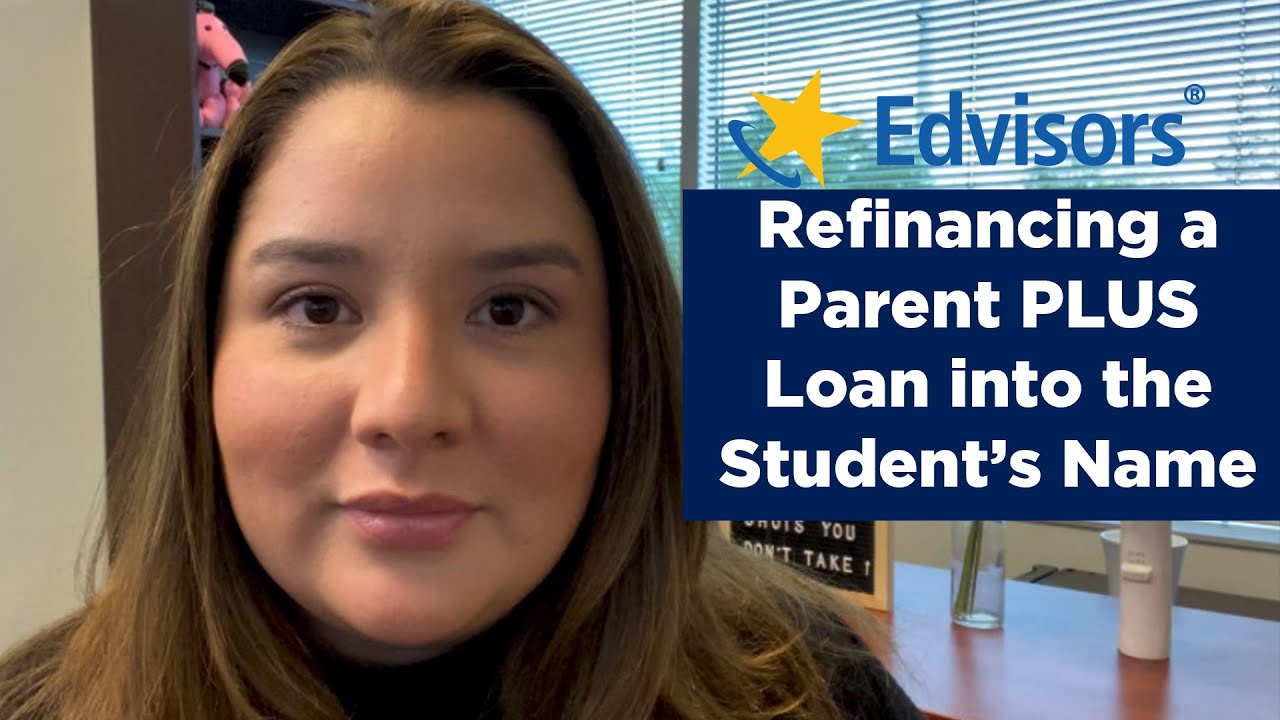If you’re wondering how does a private student loan work, there are a few key factors to consider. Interest accrues during the time you’re in school. Repayment periods vary, and lenders consider both income potential and grades to determine whether or not to extend the loan. Below are some helpful tips for qualifying for a private student loan. To get started, contact a lender to find out what their requirements are.
Interest accrues while you’re in school
Once you graduate from school, you may have started paying back your undergraduate student loan, but you’re not done yet. Private student loans can accrue interest throughout the years you’re in school. There are various repayment plans available, including fixed, interest-only, and deferred payments. Interest accrual rates and repayment periods vary. If you’re considering taking out a private student loan, you should understand the terms and conditions of each option.
While federal student loans do not accrue interest while you’re in school, private student loans start accruing interest immediately. You should calculate how much you’ll end up paying in interest before taking out a private loan. If you’re paying interest during school, this can help you decide if you can afford to make interest payments during the school year. Federal loans typically have a grace period after graduation of six months. However, you should be aware of lenders who offer you more money than you need for your schooling. Overextending yourself increases your chances of not paying the loan back and allows them to increase their profits.
While it’s true that your interest payments are not going to cover the entire cost of your education, it may be worthwhile to pay off your student loan while you’re in school. This will save you a significant amount of money when you begin the repayment period. If you are able to afford paying off your loans while you’re in school, you might even find it easier to graduate sooner.
Another important aspect of private student loans is their interest rates. Federal student loans have a fixed rate of 4.99%. Private loans have variable interest rates, which may increase your repayment amount each year. In such cases, you should always make sure you understand the repayment terms before deciding on a private student loan. Some private loans may require repayment while you’re still in school. If you can’t afford to pay off your loan while you’re in school, consider an in-school repayment plan.
The maximum amount of private student loans you can borrow is based on your grade level and dependency status. See the chart below to determine the total amount you can borrow each year and over your lifetime. If you don’t plan to repay your private student loans, make sure you exhaust all other federal student loans, work-study programs, scholarships, and grants before applying for a private loan. The more private student loans you have, the worse your financial situation is going to be.
Lenders look at grades and income potential
While it is difficult to get a loan when you don’t have good grades, private student loan lenders are beginning to look at these two factors more. If your GPA is too low, private lenders will focus more on your income potential and credit score. In some cases, you can qualify for a private student loan without a cosigner if you have good grades but have bad credit. Although the interest rates on private student loans are higher than on federal loans, these loans come with benefits like income driven repayment plans, loan forgiveness for public service positions, and deferment protections.
When comparing private student loans, it’s helpful to consider the interest rates. The cost of a loan depends on its term and interest rate. You can compare rates and terms by requesting a pre-qualification offer, which gives you a chance to compare different rates without a credit check. Some private loans are specifically created for different programs, such as MBA and medical school students. Explore these programs for the best loan options for you.
Before applying for a private student loan, you must provide proof of attendance and financial aid. You must also complete an online application. Co-signers can complete the application at their convenience, as long as they have the required information. Once the application is complete, you should receive an offer of rates and terms from your lender. Make sure you read it carefully and confirm repayment before signing any documents. You should receive an offer of interest rates and terms within one business day.
After graduation, you can refinance your student loan, which could result in a lower monthly payment and different repayment terms. To obtain the best interest rate, your credit score should be high and your income should be high. A good income shows that you can repay the loan. A high credit score is another plus for private student loan lenders. If you have poor credit, you may have to apply with a cosigner.
Repayment term varies by lender
Private student loans may have varying repayment terms. Some loans have a longer repayment term than others, and many are repaid early with no penalty. Others have a fixed payment amount for the entire repayment period, while others may require a minimum payment each month for as long as the borrower attends school. In either case, the monthly payment must be paid on time to avoid a late payment penalty.
Repayment terms for private student loans vary, but generally begin six months after graduation. This is called the grace period. Many lenders also offer interest-only payments, which keep overall costs low. And since the repayment term is different for each lender, it’s important to research each one carefully. Some lenders offer a 10-year repayment term, while others offer a five to fifteen-year repayment period. Repayment terms usually start after graduation, but may last for several years, depending on the loan balance.
The repayment term of private student loans varies depending on the lender and the borrower’s credit score. If your credit score is good, you’ll get the best interest rate. If your credit is less than perfect, you may have to obtain a co-signer or find another way to prove that you can afford the loan. The repayment term of private student loans varies by lender, but the best option is to research the interest rates offered by different lenders.
The interest rate on private student loans depends on the lender and the type of loan you take out. Some have variable rates while others are fixed. Some are pegged to the London Interbank Offered Rate or the Prime Lending Rate. These rates keep up with the cost of borrowing money. If you are borrowing money to pay your school expenses, you can opt for an in-school repayment plan. These repayment plans can help you save money on interest over time.
Private student loans come with various interest rates and repayment terms. Choose the one that meets your budget and is affordable for you. Some lenders have perks such as extra grace periods for high GPA and longer payment terms after graduation. Although private student loans may seem more convenient, they also have risks. While federal loans have fewer restrictions than private loans, private student loans are often subject to stricter limits. For most undergraduates, the lifetime limit for federal loans is $31,000. Graduate students can borrow a total of $138,500 to pay for their education.
Getting a private student loan
When it comes to obtaining a private student loan, a comparison of different lenders is crucial. A variable-rate loan can offer a lower initial rate than a fixed-rate loan, but the interest rate can also increase or decrease throughout the loan term. Different lenders have different eligibility criteria, so it is important to do your homework and compare rates. Be aware that a variable-rate loan may include an interest capitalization charge. This is an extra cost, but it is usually worth it to be able to repay the loan quickly and avoid any future financial complications.
While most private student loans require a cosigner, some lenders will let you opt out of this arrangement if you have made several on-time payments. Many banks offer cosigner release programs after a certain number of on-time payments, which can help you prove that you can handle the loan and make all of your payments. You should also limit the number of applications you make to two per week to prevent damaging your credit score.
As far as your credit rating is concerned, you will find that many private student loan lenders will look for a score of at least 600. Your credit score will be affected by several factors, including the amount of debt you have, your repayment history, and the number of accounts you have. The higher your credit score, the lower your interest rate will be. Another important factor in qualifying for a private student loan is having a steady income. If you’re an undergraduate student, it will be harder to get credit, so it’s worth trying to find a cosigner to help you. If you don’t have a cosigner, consider applying for a lender that does not require a cosigner.
Getting a private student loan is not a simple process. There are eligibility requirements and borrowing limits for federal student loans, but private student loans are slightly trickier to understand and apply for. The interest rate will depend on your credit score, and your co-signer’s credit will also influence your eligibility for the loan. However, it is possible to get approved for a private student loan with a strong credit history.



